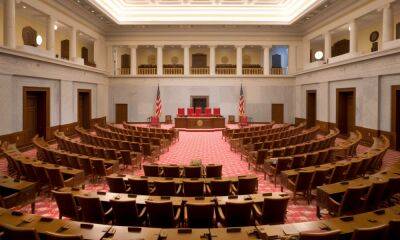Sunak’s anti-union laws would make UK ‘international outlier’, lawyers say
Rishi Sunak’s new anti-trade union legislation would make the UK one of the most difficult countries in the democratic world in which to go on strike and may breach treaty obligations, a group of top employment lawyers have said.
The 10 academic experts in employment law said the proposed laws to enforce “minimum service levels” in sectors such as health, transport and schools would make the UK an “international outlier” among comparable countries.
The government has claimed the laws bring the UK into line with other countries in Europe that require minimum levels of service during industrial action.
However, the experts said Sunak’s laws represented a “departure from established norms and treaty obligations”.
“It would make Great Britain an outlier among comparable countries,” they said. “If ministers are keen to learn from overseas, a more promising place to start would be the creation of a culture of social dialogue and balanced cooperation through the introduction of sector-wide collective bargaining, together with the clear legal recognition of a positive right to strike.”
The Department for Business and Trade has been approached for comment.
The opinion was released by the TUC, the organising body for trade unions, which has pledged to fight the new laws in the courts.
The experts, including Alan Bogg, professor of labour law at the University of Bristol, and Keith Ewing, professor of public law at King’s College London, said: “In our view the [proposed] Strikes (Minimum Service Levels) Act would place an unacceptable restriction on a worker’s right to take strike action to defend their terms and conditions of employment.
“It adds to an existing body of highly restrictive laws on strikes, including the Trade Union Act
Read more on theguardian.com













